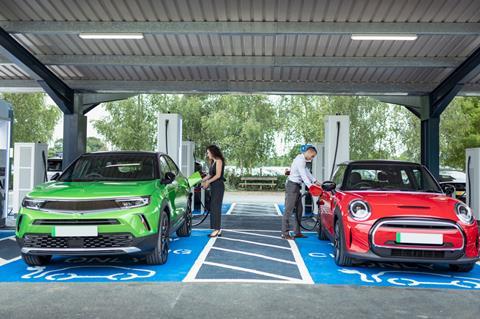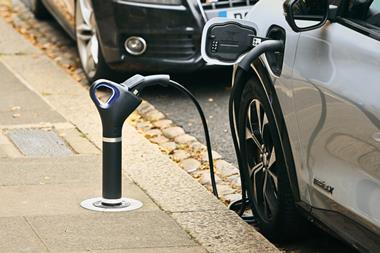
Mandates around the proportion of new electric cars that must be sold each year are set for “substantial change”, after the Business Secretary responded to warnings from Nissan that current policies put the future of the carmaker’s Sunderland factory at risk.
Jonathan Reynolds told The Times that following a meeting with Nissan, the government had agreed to make a “substantial change of policy”, and would do “everything we can to make sure Nissan has that secure long-term future in the UK”.
Reynolds said that the Energy Secretary Ed Miliband supported the changes, and while it was not made explicit what these would comprise, it is thought they will revolve around changes to the ZEV (zero emission vehicle) mandate, which stipulates what proportion of new cars sold each year must be electric.
Car makers face fines of £15,000 per vehicle for every petrol and diesel car they sell above the mandated percentage, which increases year-on-year. In 2025, 28% of all new cars must be electric, with this figure increasing to 33% in 2026, and hitting 80% by 2030. Last year just 22% of all new cars sold had to be electric, but only19.6% of new cars were EVs.
Nissan has previously called for a two-year moratorium on the ZEV mandate, according to The Times, with the car maker’s electric Leaf and Ariya said to be suffering slow sales.
The Japanese firm’s Sunderland plant employs 7,000 people and supports thousands more jobs in its supply chain, but the UK’s automotive manufacturing industry has suffered of late. Honda closed its Swindon plant in 2021, and Vauxhall’s Luton plant, which builds vans, it to shut down this year.
































